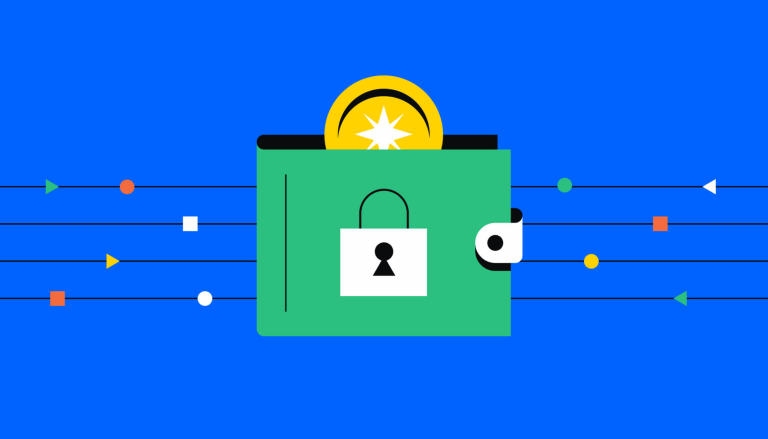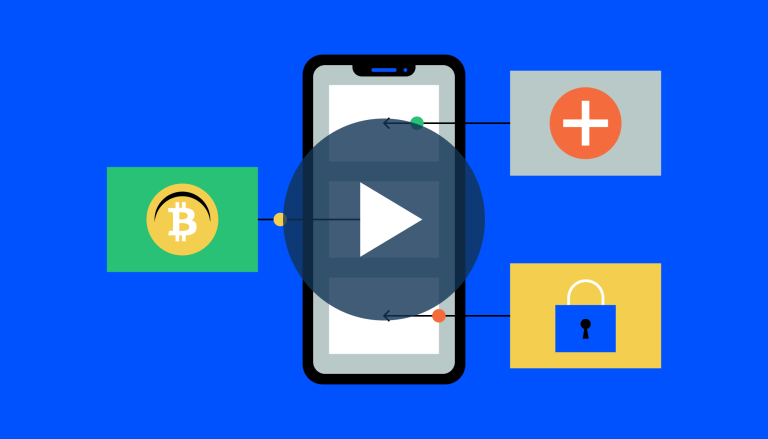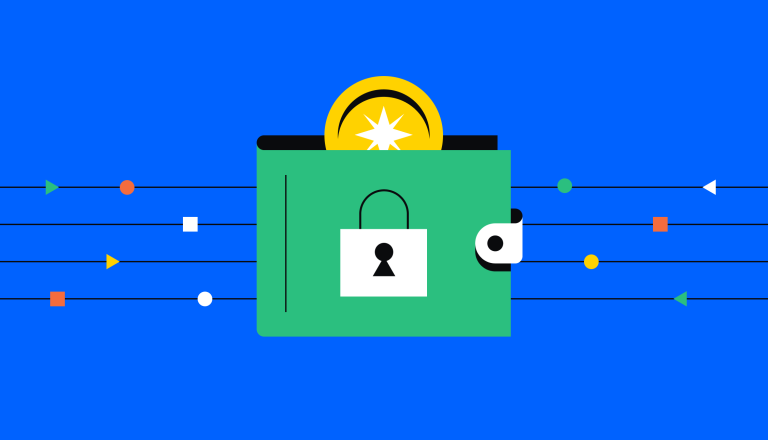What is a wallet address?

A wallet address is a unique identifier that allows for the sending and receiving of cryptocurrencies.
Wallet addresses are generated from public keys and are essential for interacting with blockchain networks.
Different cryptocurrencies have different wallet address formats, and it's crucial to use the correct address for the intended cryptocurrency.
Understanding Wallet Addresses
A wallet address, a unique identifier in the blockchain, is a randomly generated series of alphanumeric characters that corresponds to a specific cryptocurrency stored in a blockchain wallet. It functions similarly to an email address, providing just enough information to direct funds into a holder's account without compromising the wallet's security.
Each cryptocurrency has its own unique wallet address format. For instance, Bitcoin wallet addresses typically start with "1", "3", or "bc1", while Ethereum addresses usually start with "0x". It's crucial to use the correct wallet address for the intended cryptocurrency, as sending funds to an incorrect address could result in the loss of those funds.
The Role of Wallet Addresses in Cryptocurrency Transactions
Wallet addresses play a vital role in cryptocurrency transactions. They allow users to send and receive digital assets across blockchain networks. When you want to receive cryptocurrency, you provide your wallet address to the sender. Conversely, to send cryptocurrency, the recipient's wallet address is required.
To send cryptocurrency to another user's wallet, you'll have to enter their wallet address, either by copy-pasting it into your wallet app's "send" field or by scanning a QR code the recipient provides. Given that wallet addresses can be up to 40 alphanumeric characters long, they can be quite cumbersome to enter manually.
Safety Tips for Handling Wallet Addresses
While wallet addresses are designed to be secure, it's essential to follow certain safety tips when handling them. Always double-check the wallet address before sending or receiving funds to ensure it's correct. Remember, cryptocurrency transactions are irreversible, so a mistake could result in permanent loss of funds.
While it's safe to share your wallet address, which is public information, your private keys should be kept confidential. Never share your private keys with anyone, as doing so could lead to theft of your funds.
The Future of Wallet Addresses: Wallet Name Services
As the world of cryptocurrency evolves, so too do the technologies associated with it. One such development is the introduction of Wallet Name Services, which strive to replace complex wallet addresses with simple, human-readable names. This could make sending and receiving cryptocurrencies as easy as sending an email, further enhancing the user-friendliness of blockchain technology.
Wallet Addresses and Blockchain Transparency
A notable feature of blockchain technology is its transparency. All transactions are recorded on the blockchain and are publicly accessible. This means that anyone can track the transaction history of a public wallet address. However, while the transactions are transparent, they are also pseudonymous. The wallet addresses are not directly linked to the identities of the users, providing a level of privacy for users.


